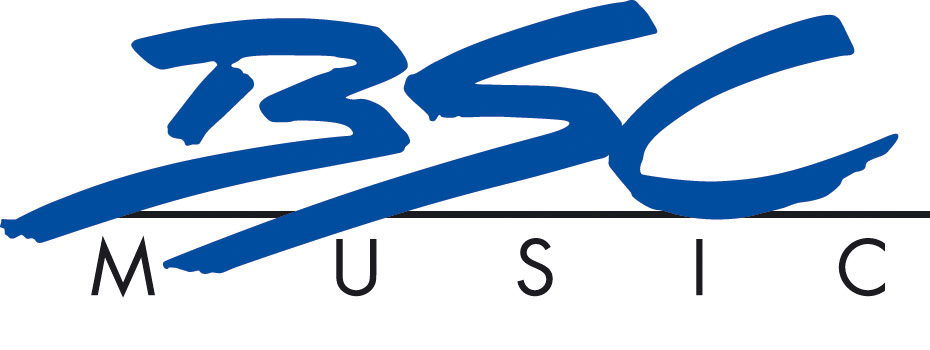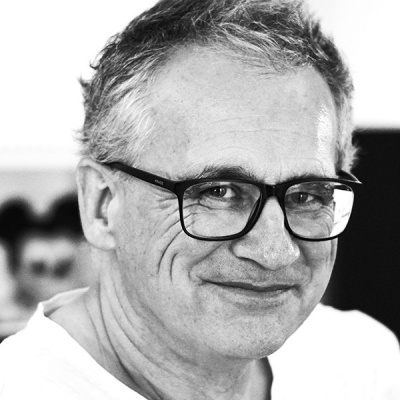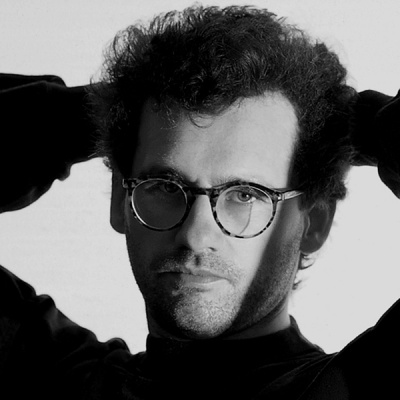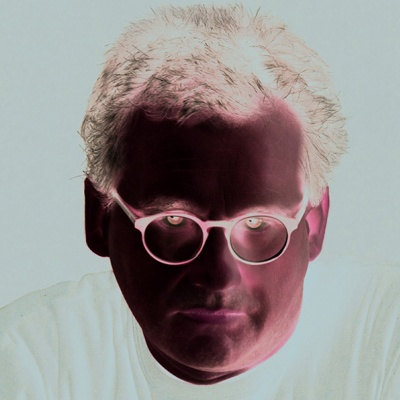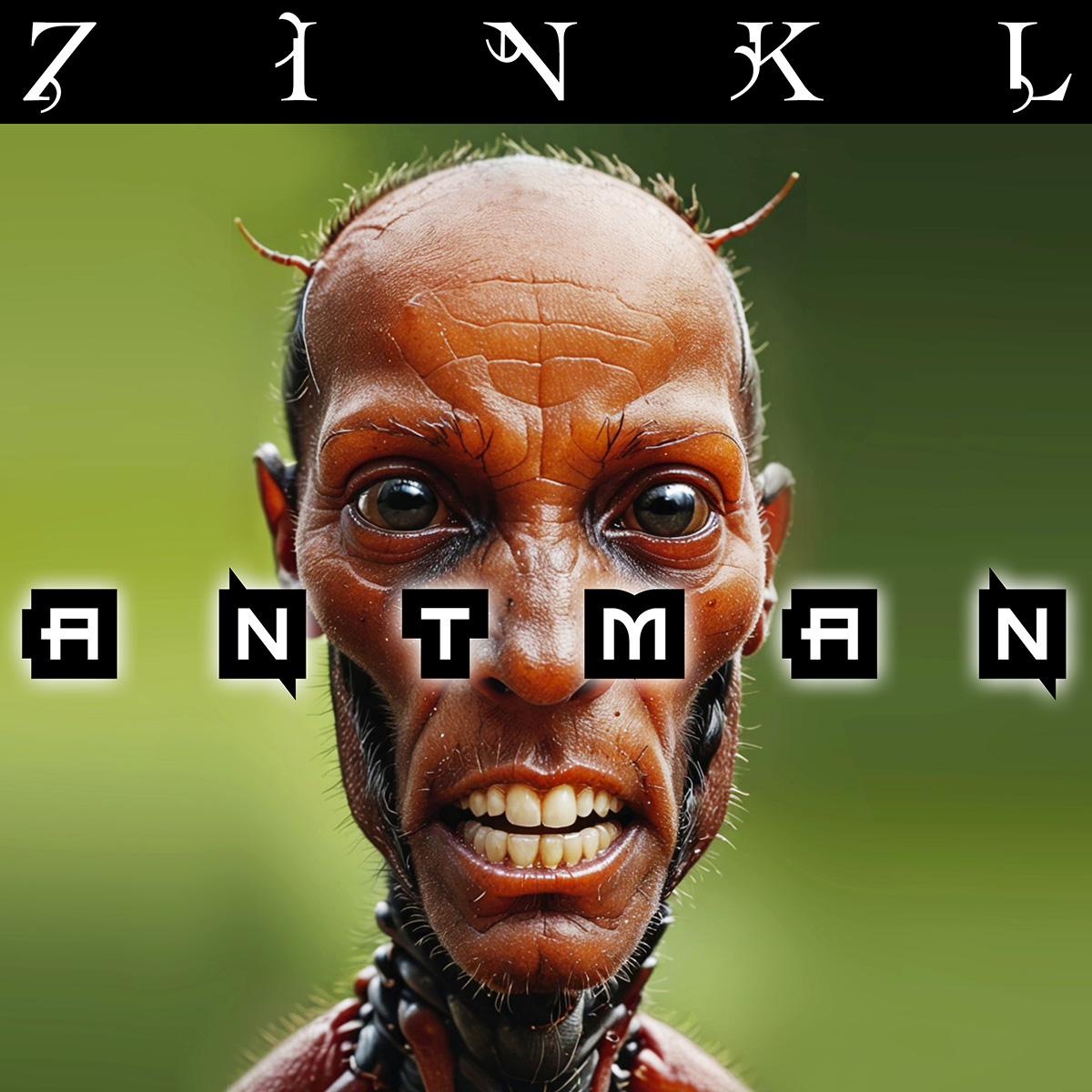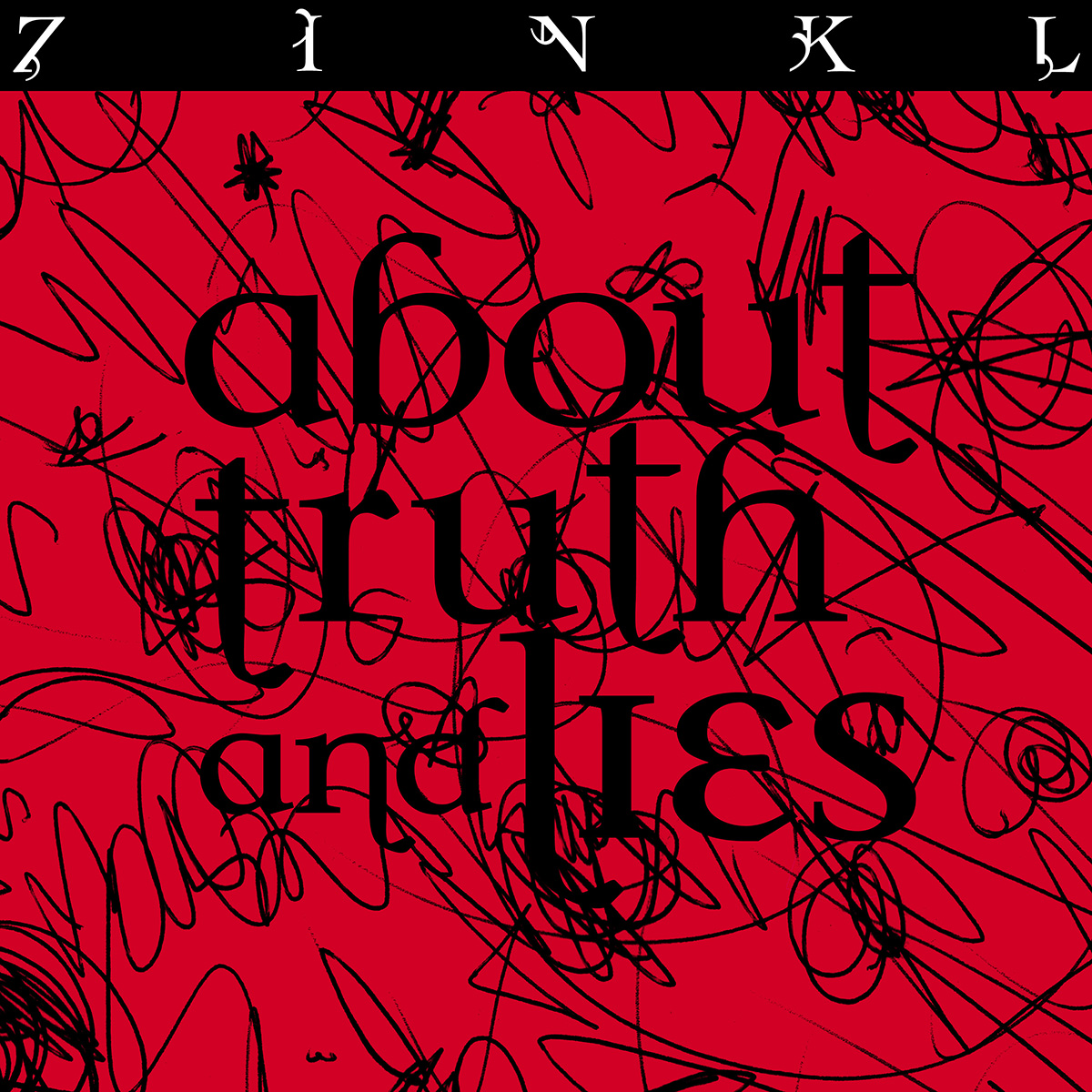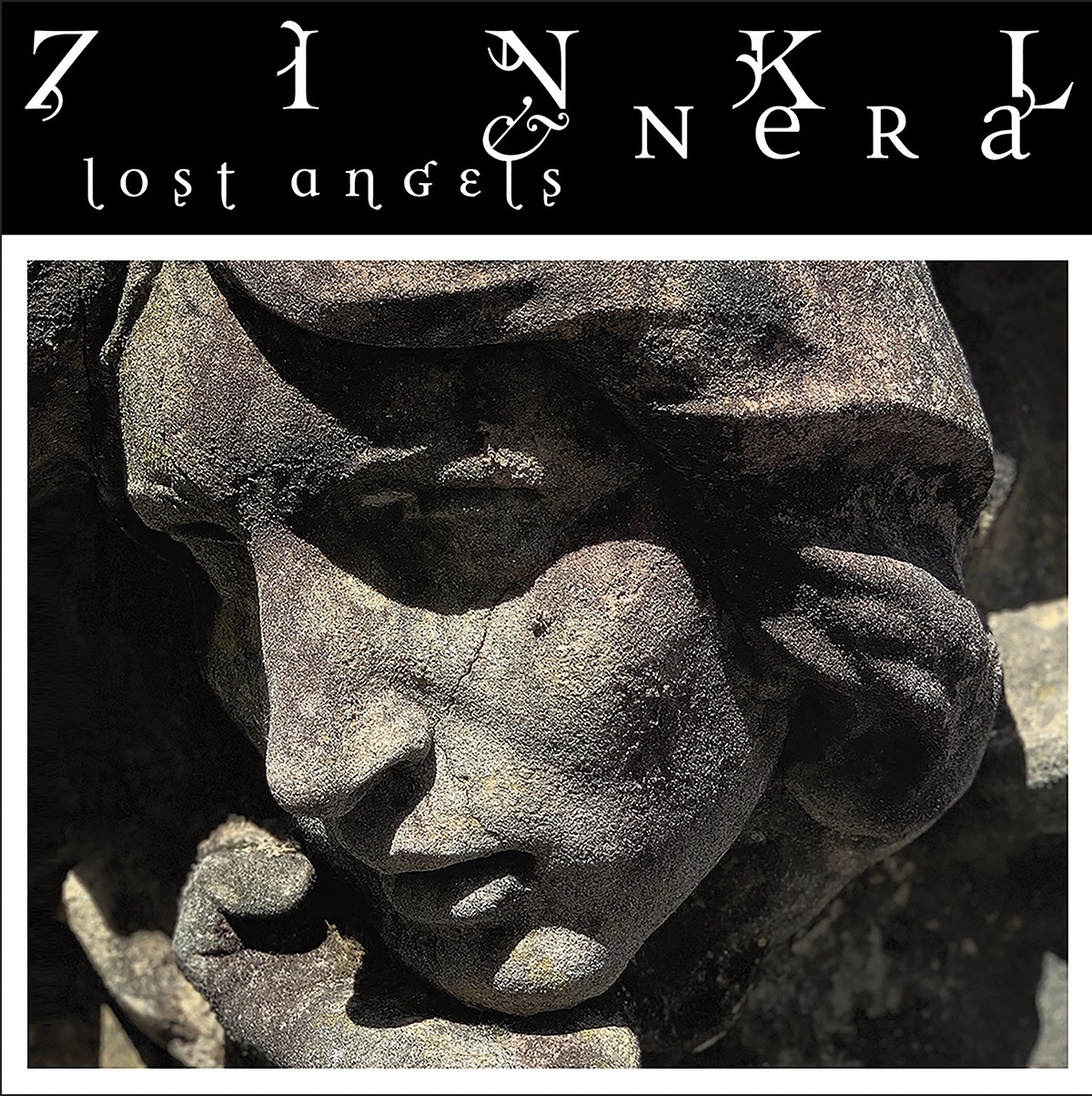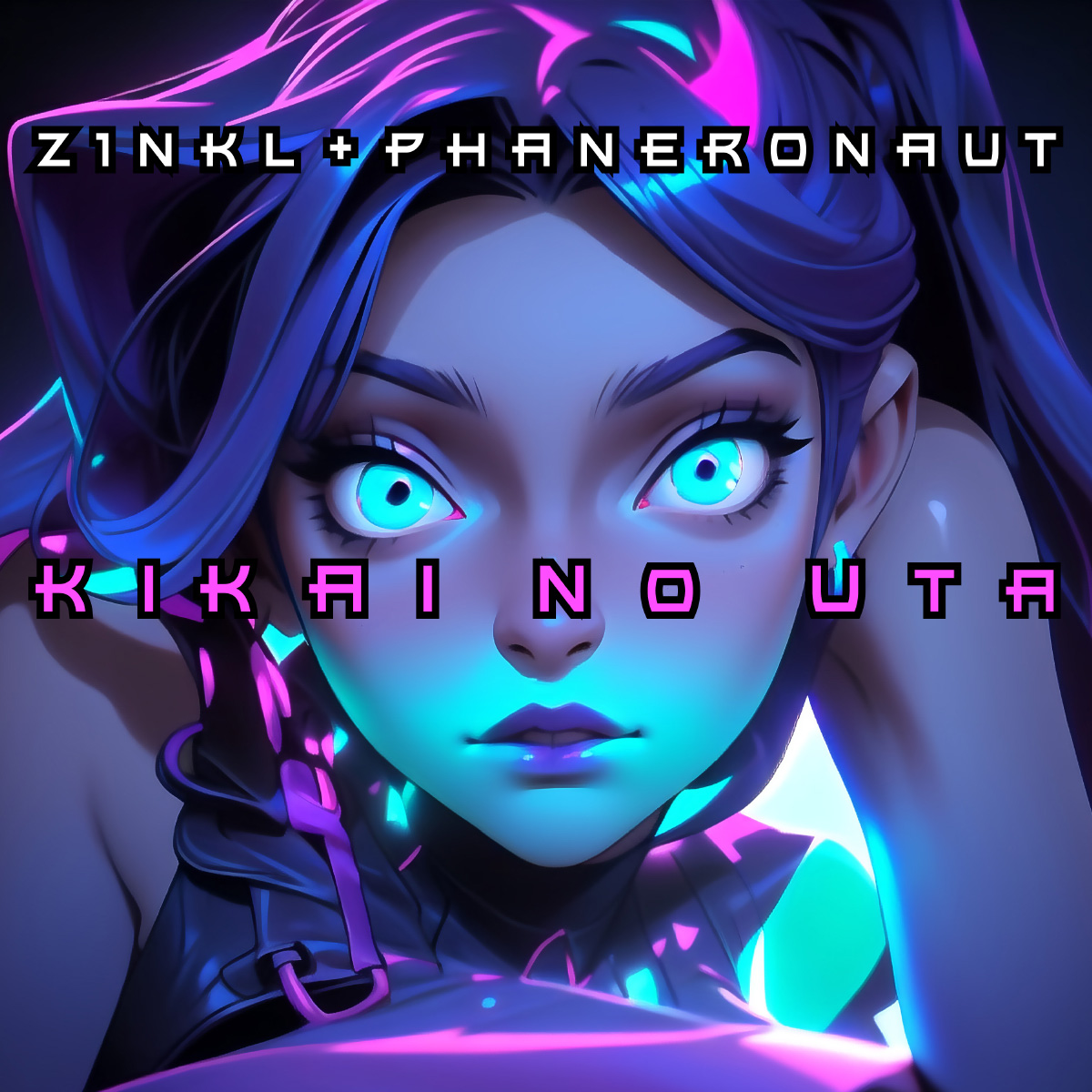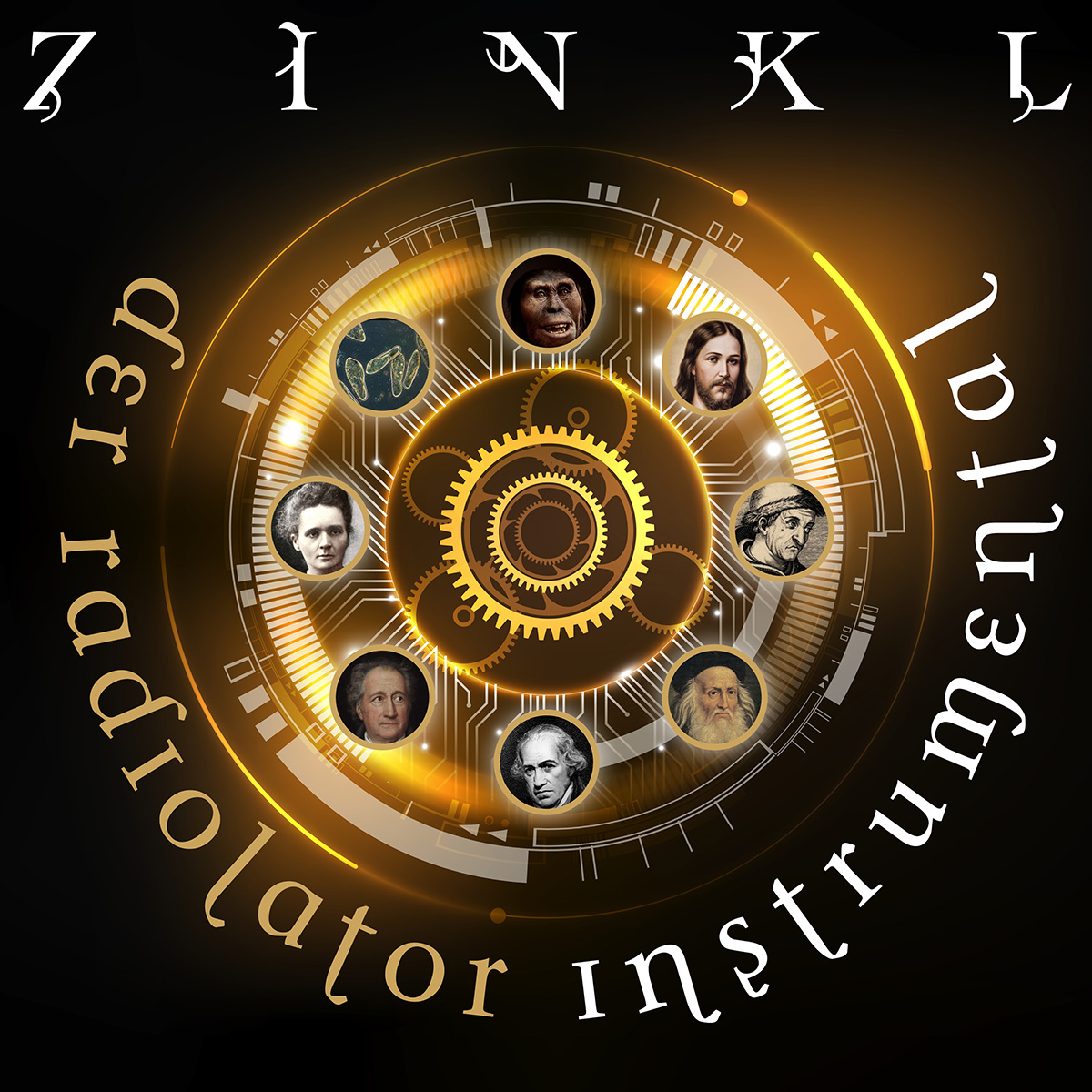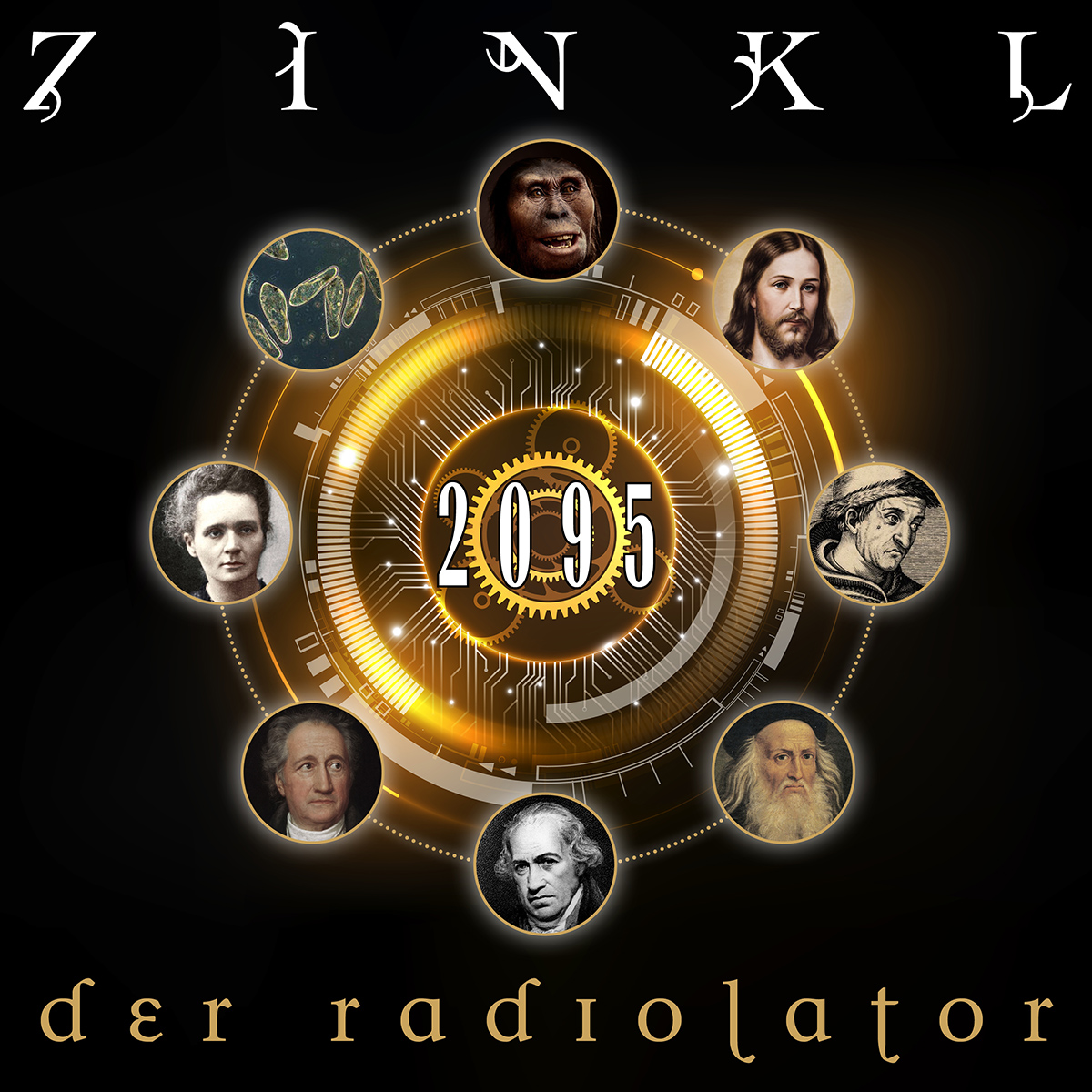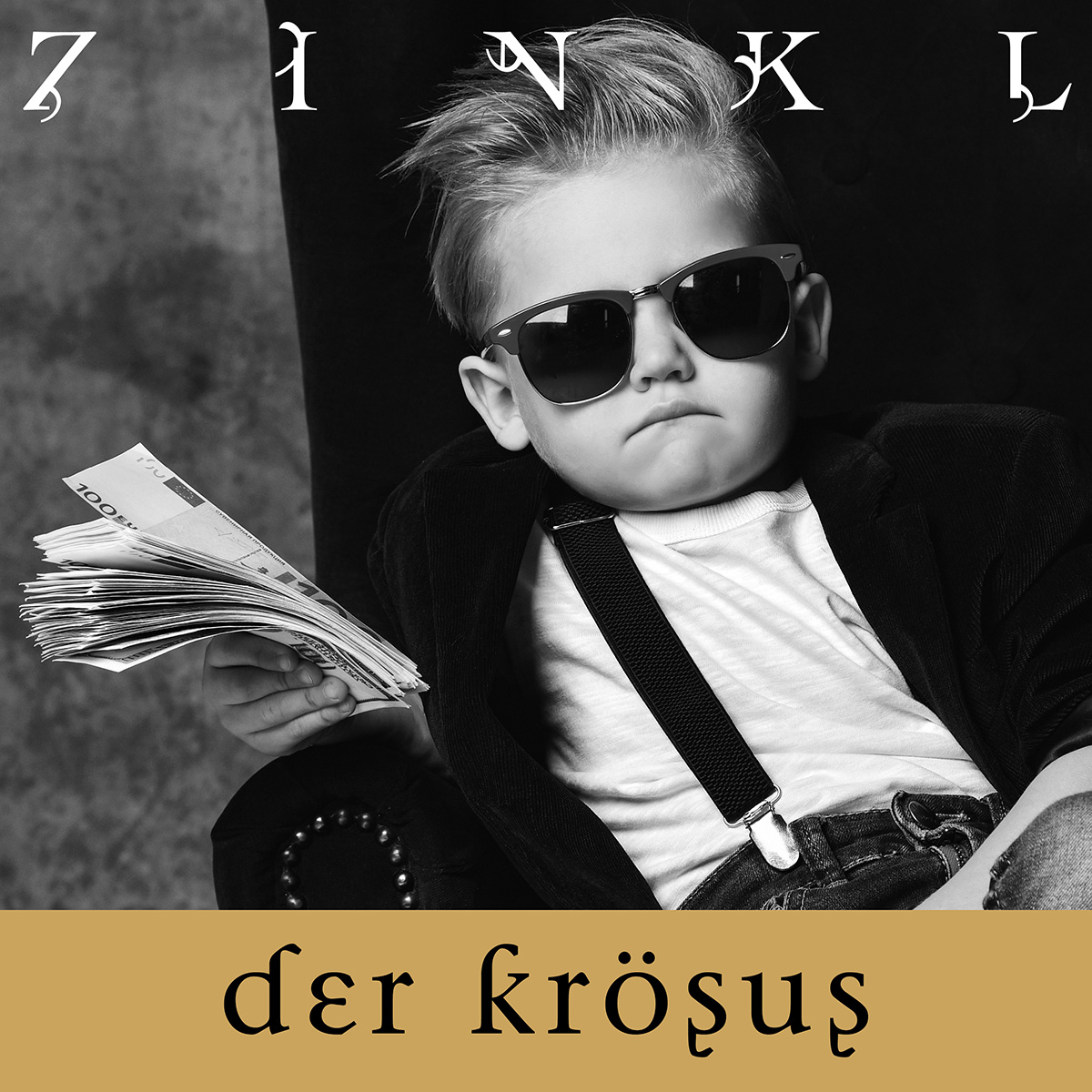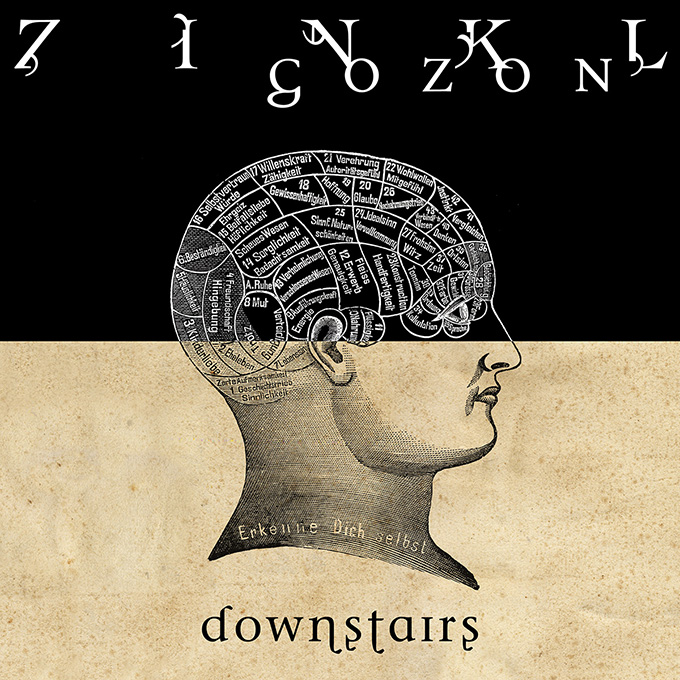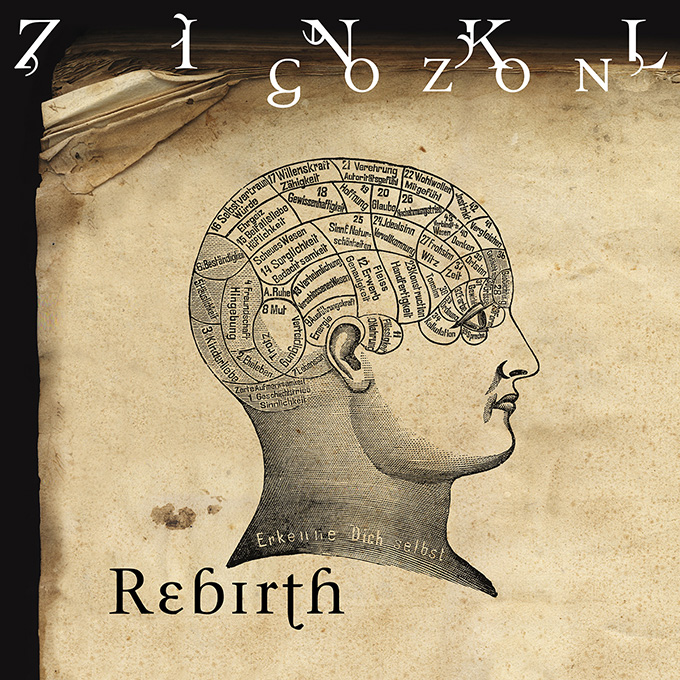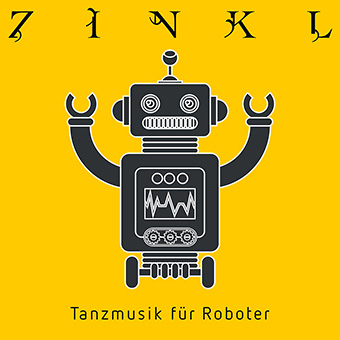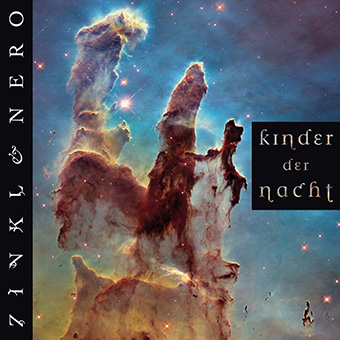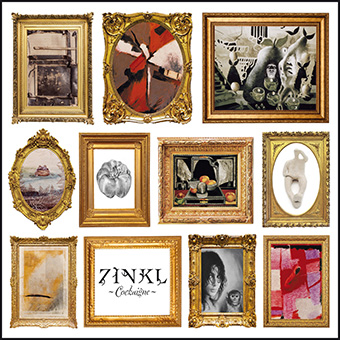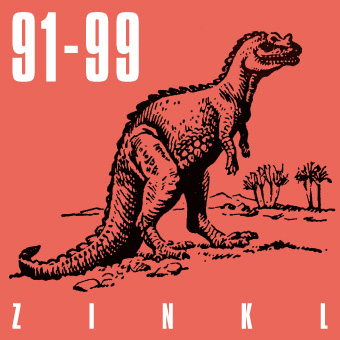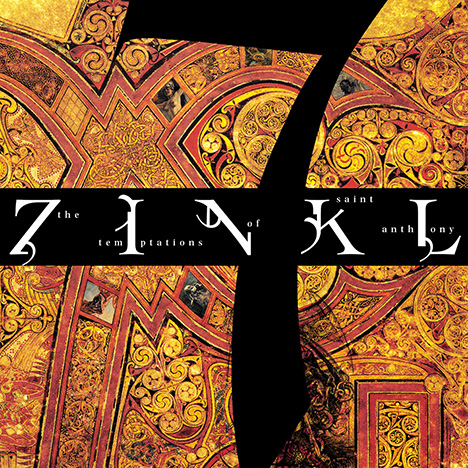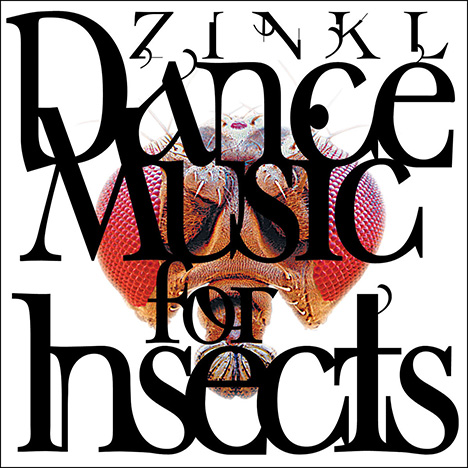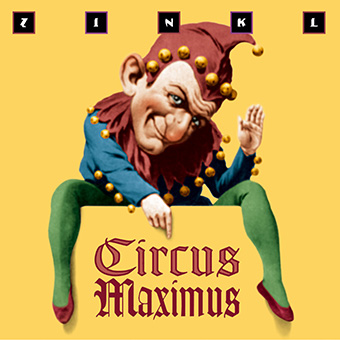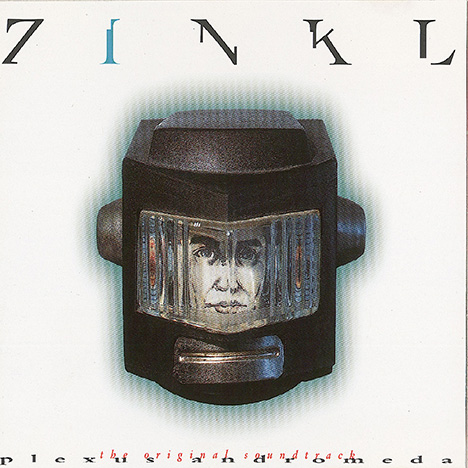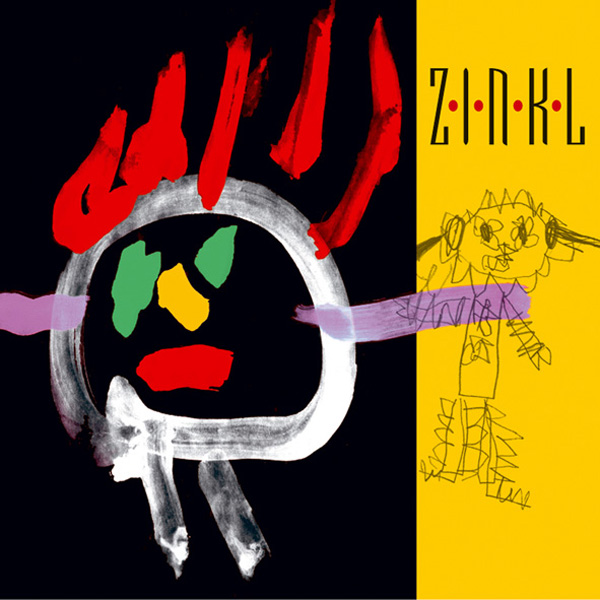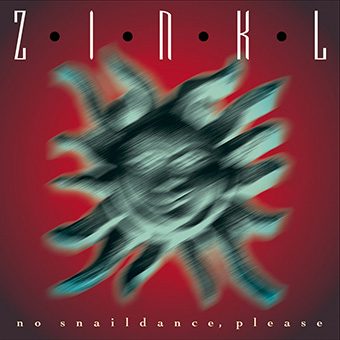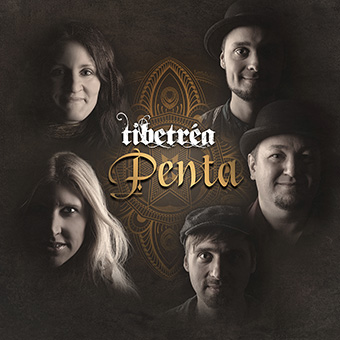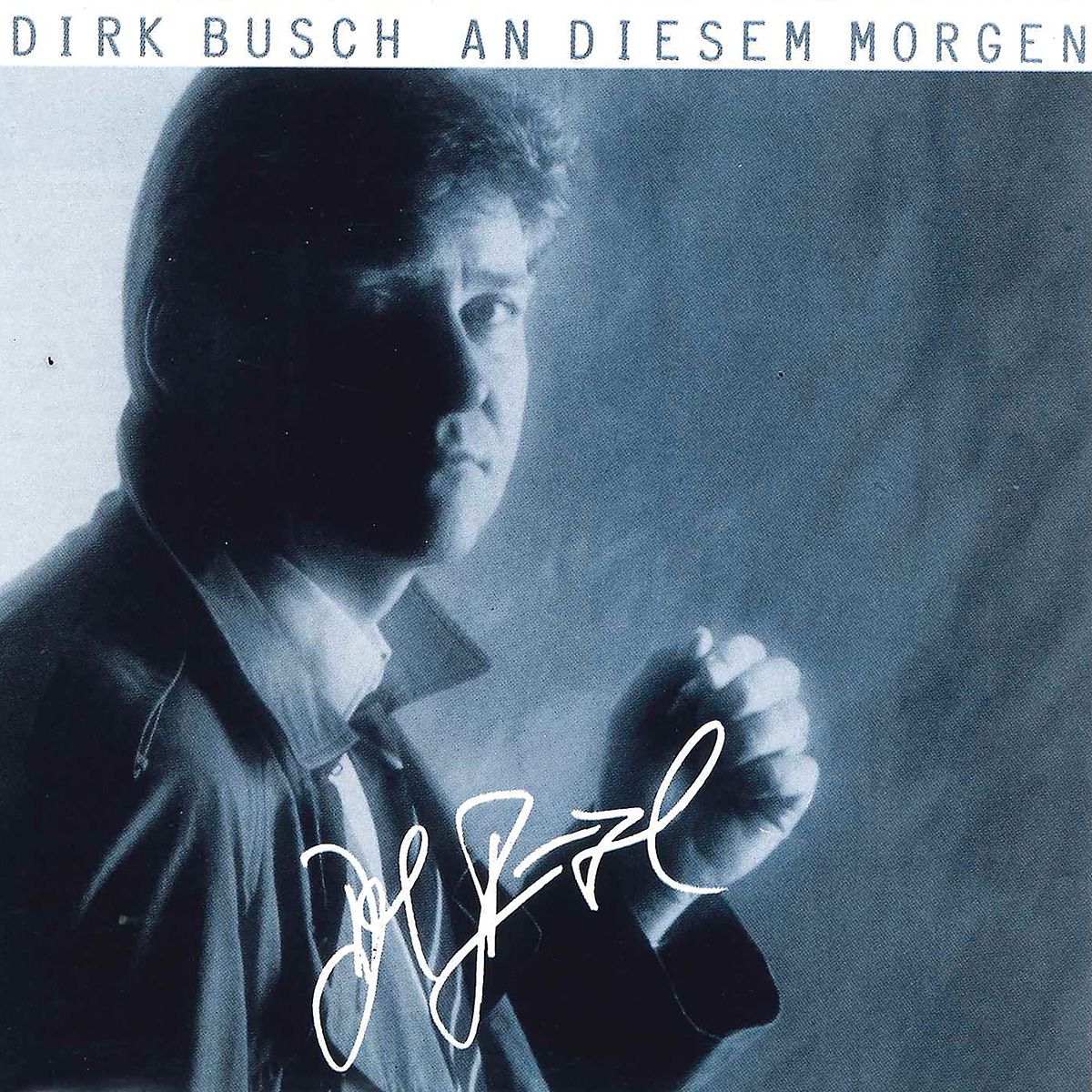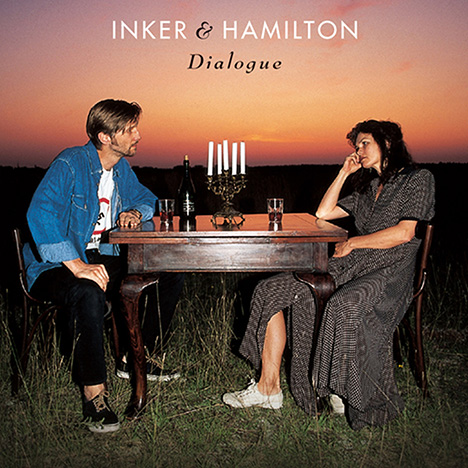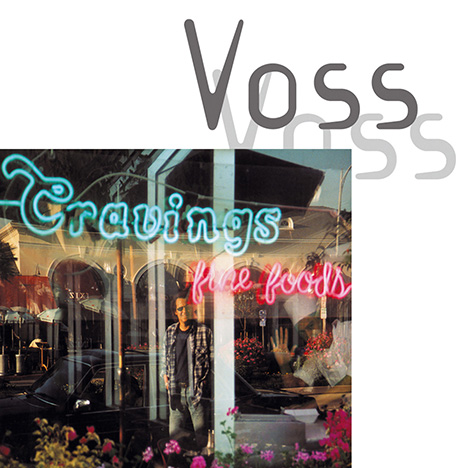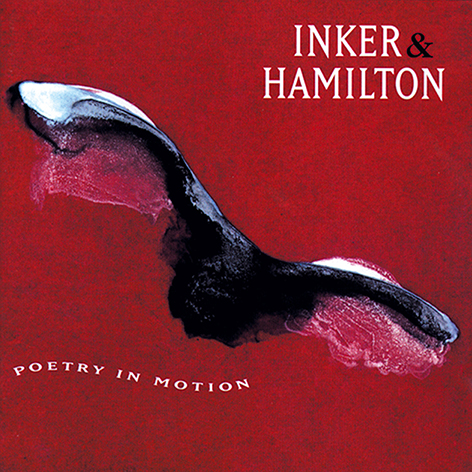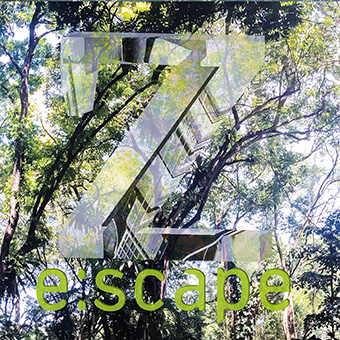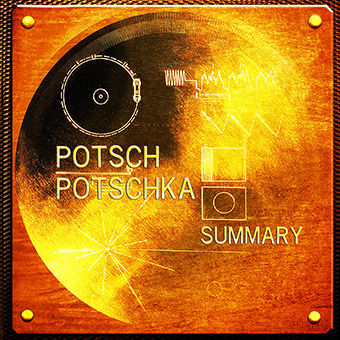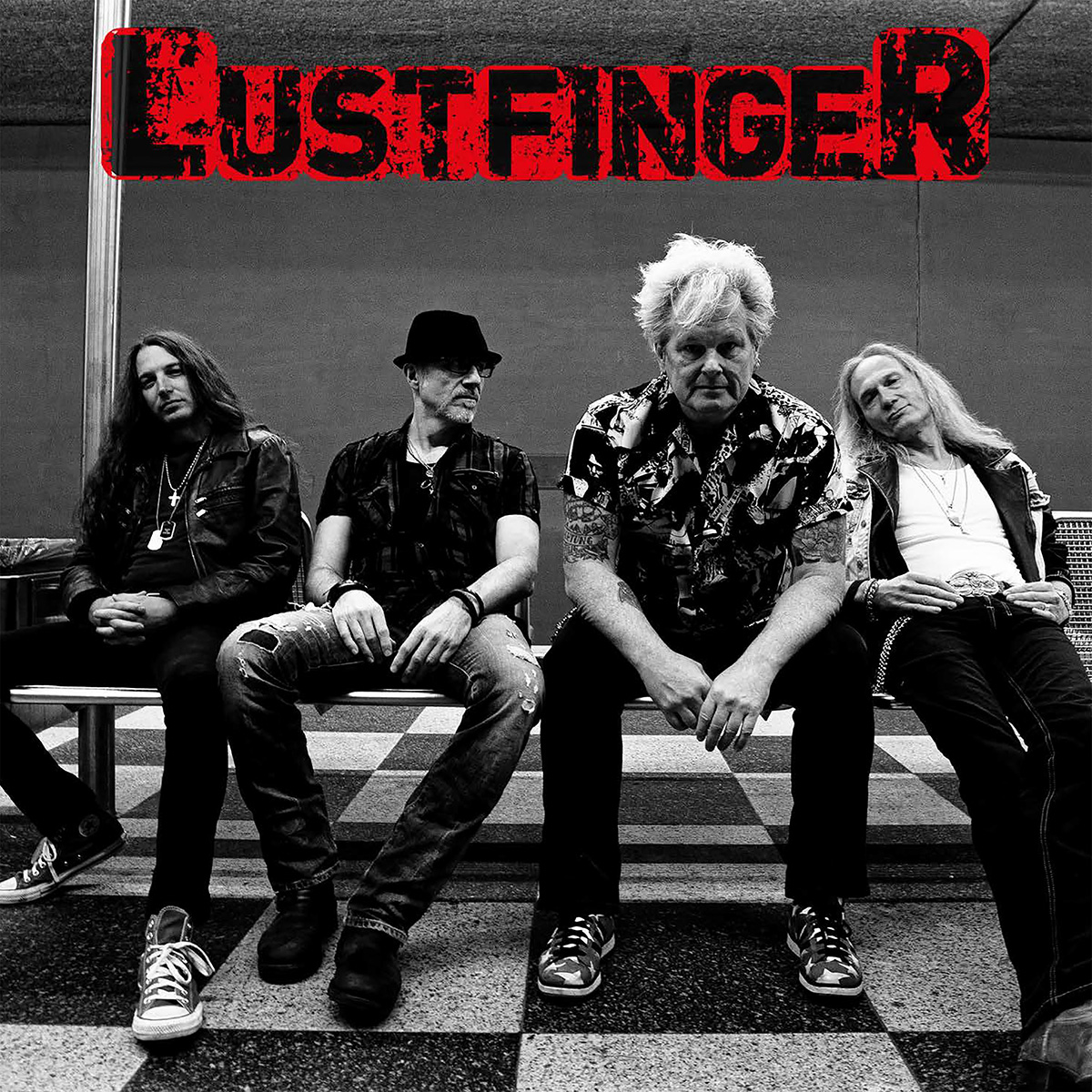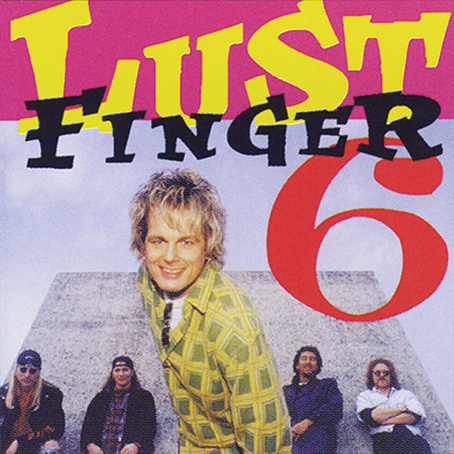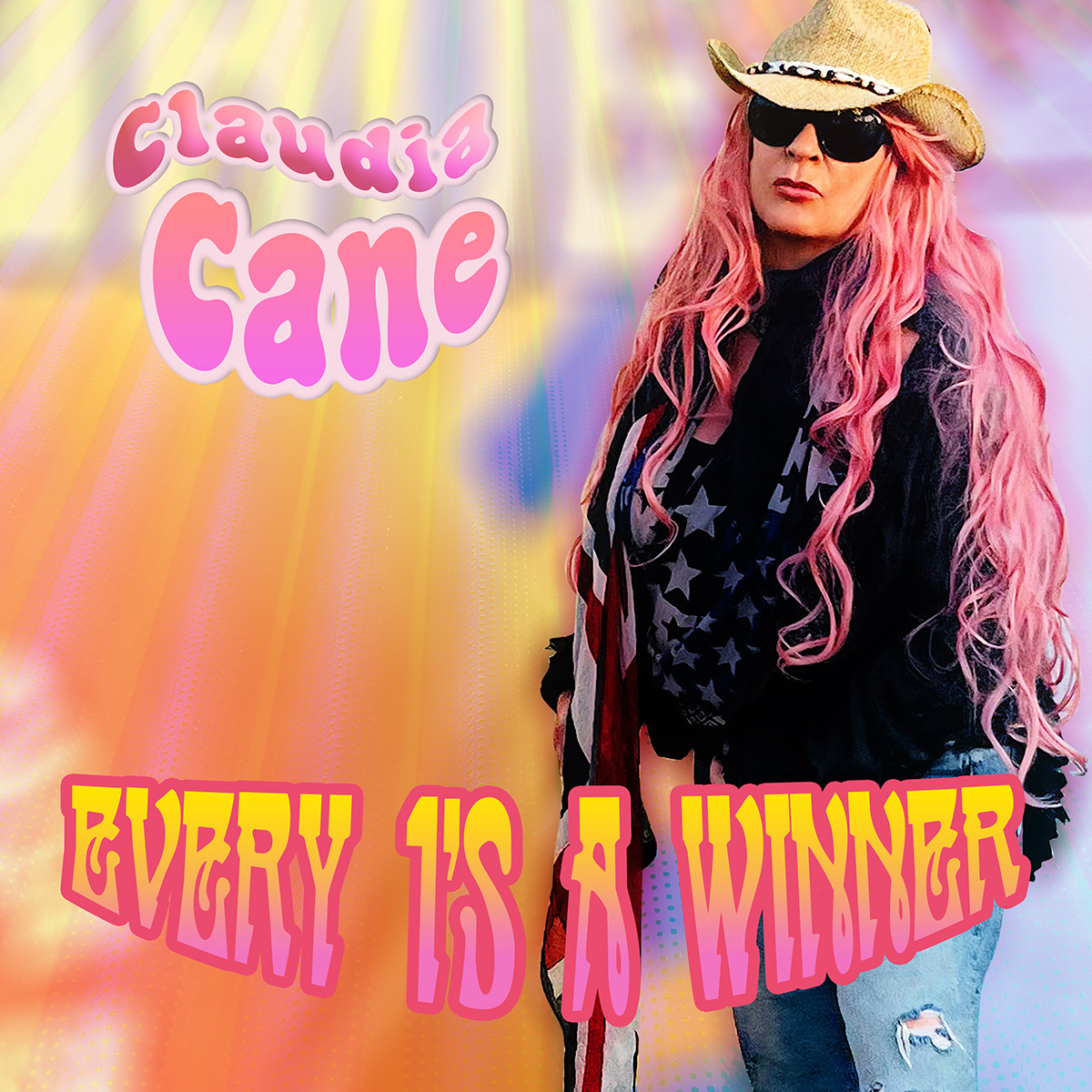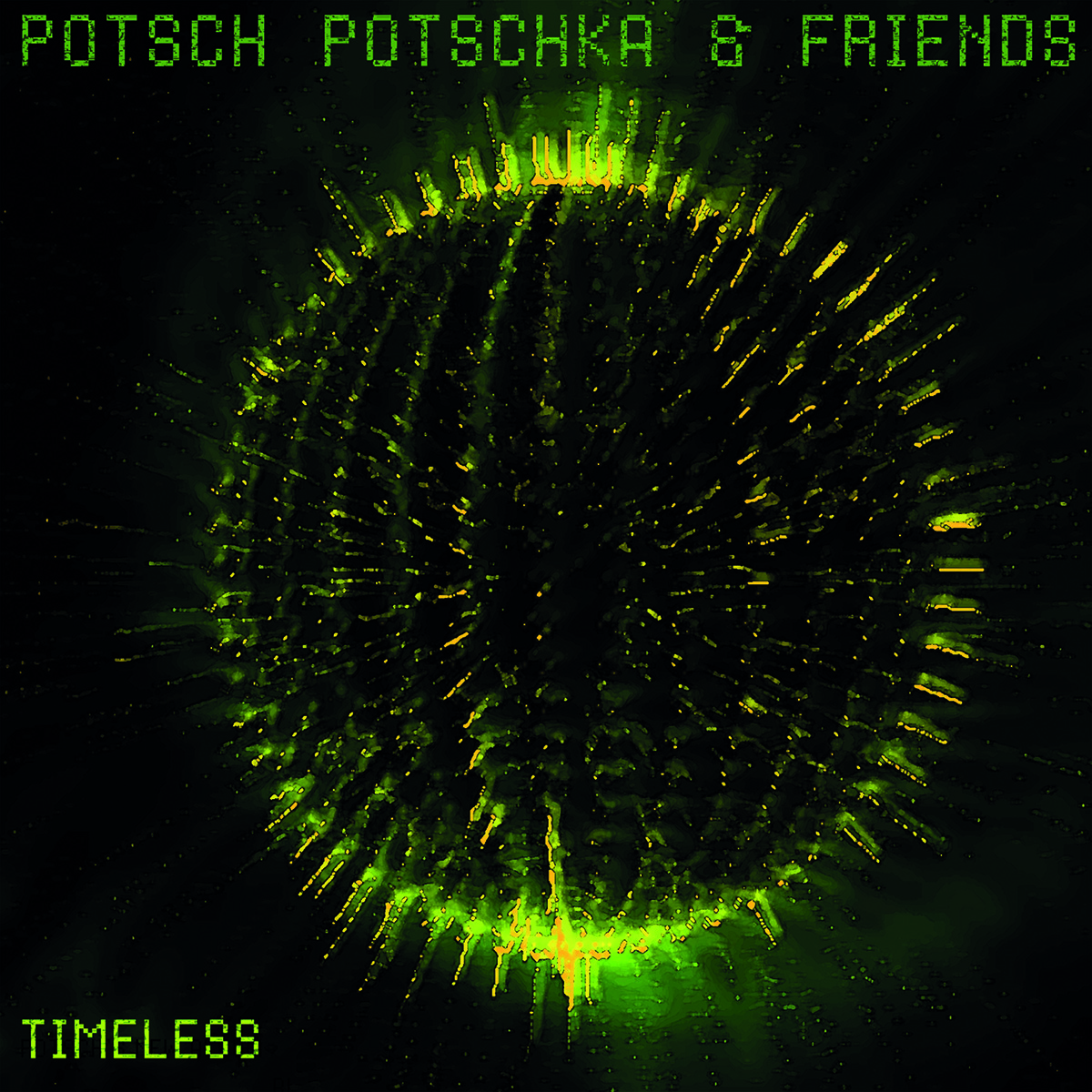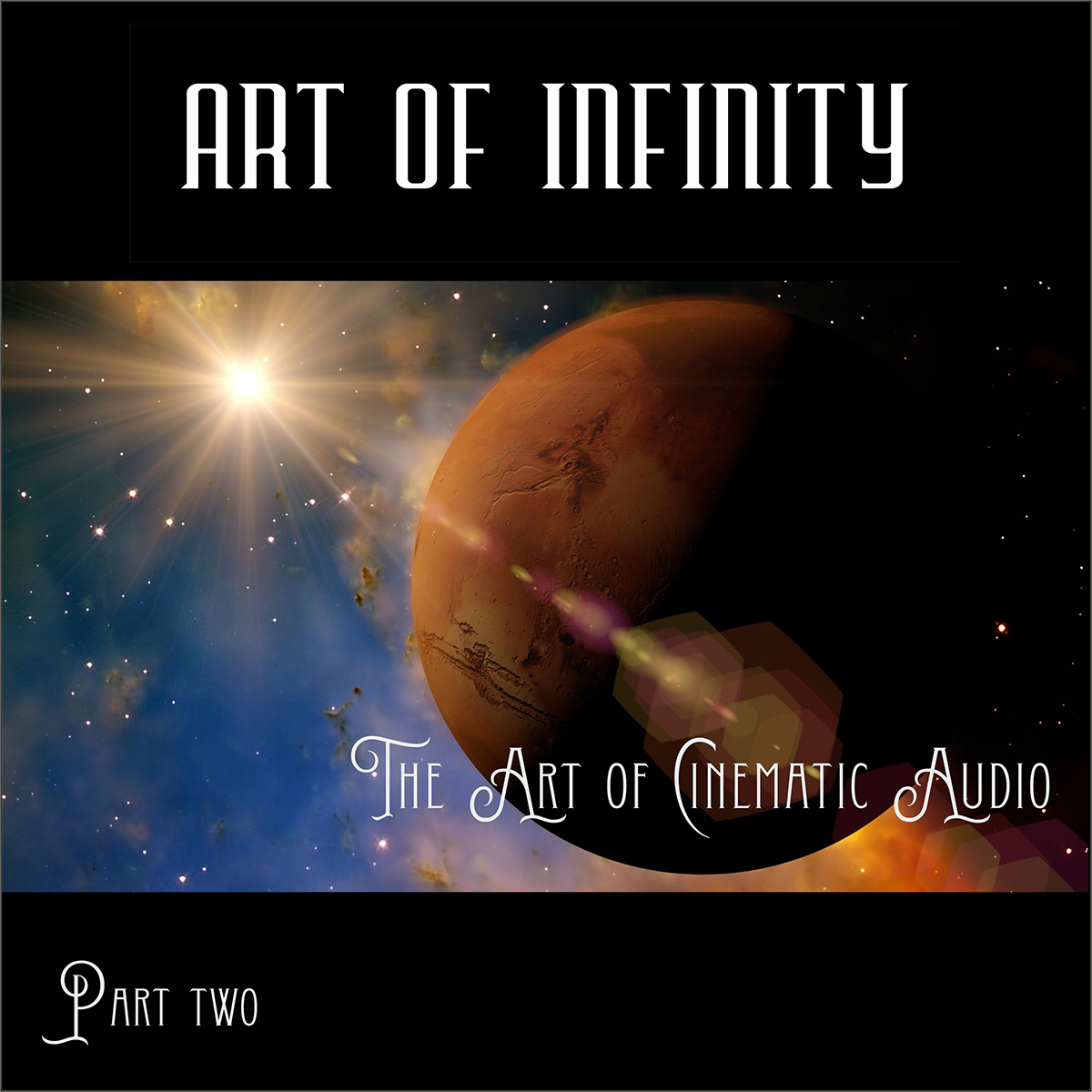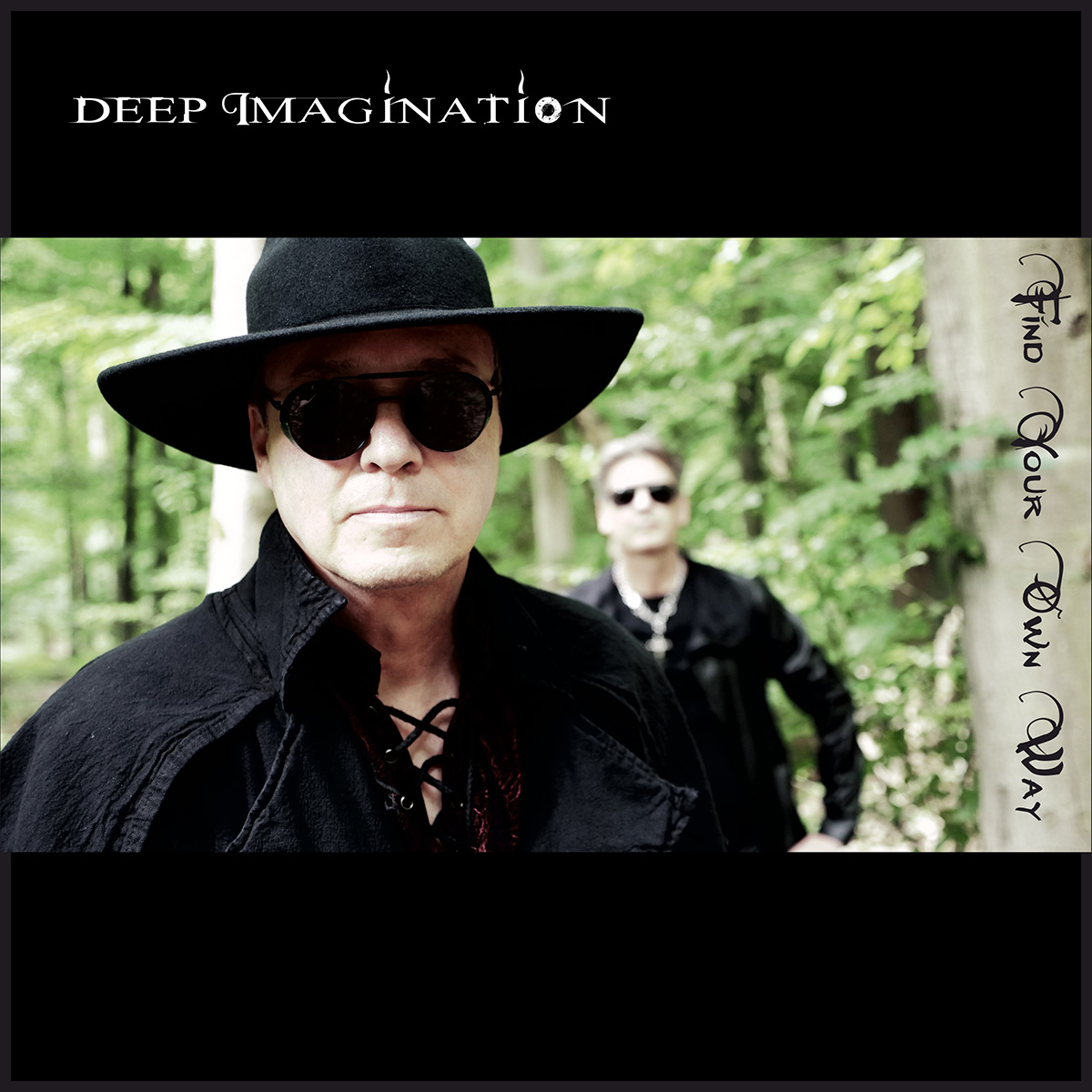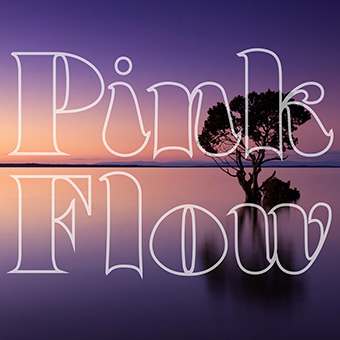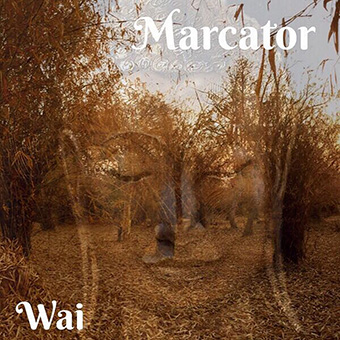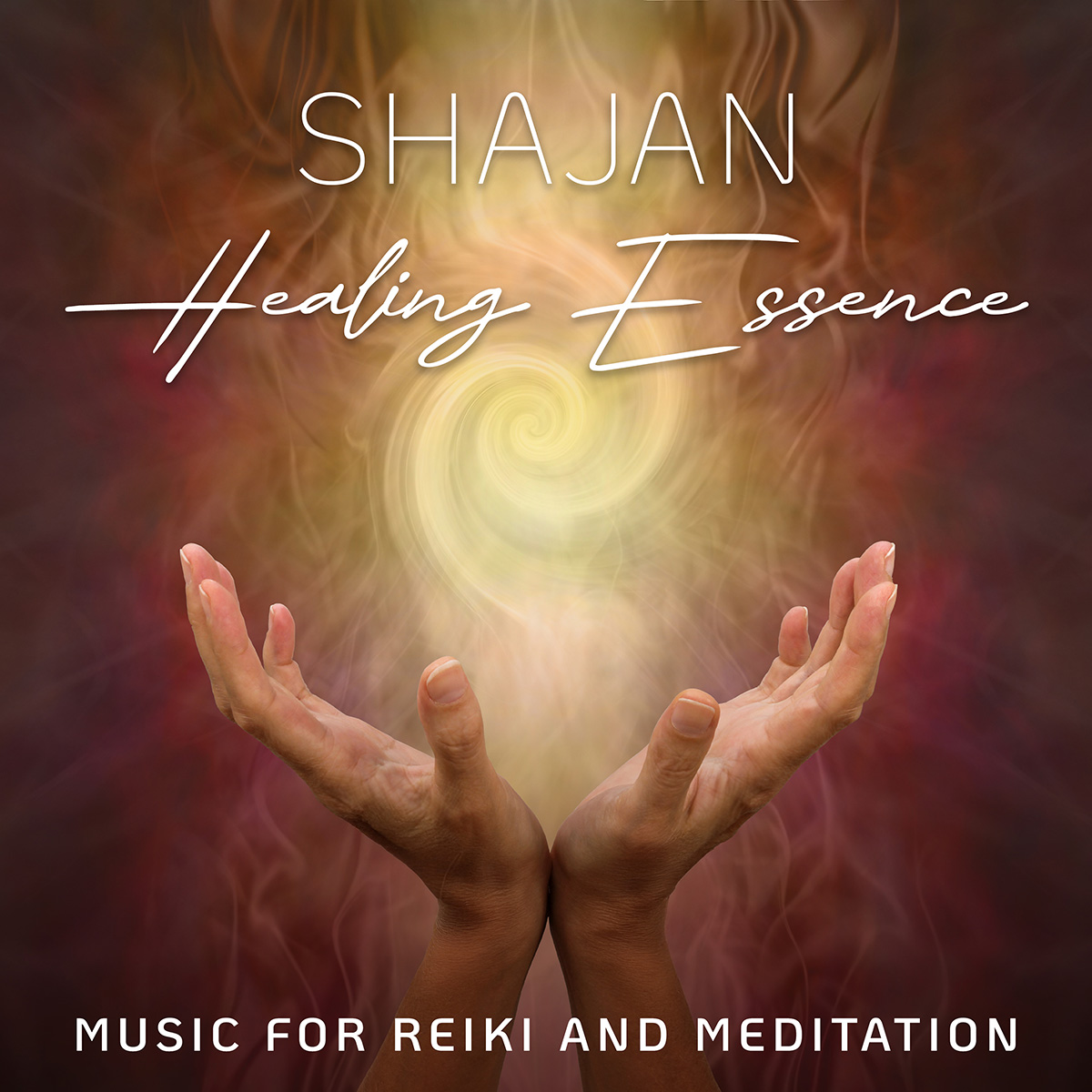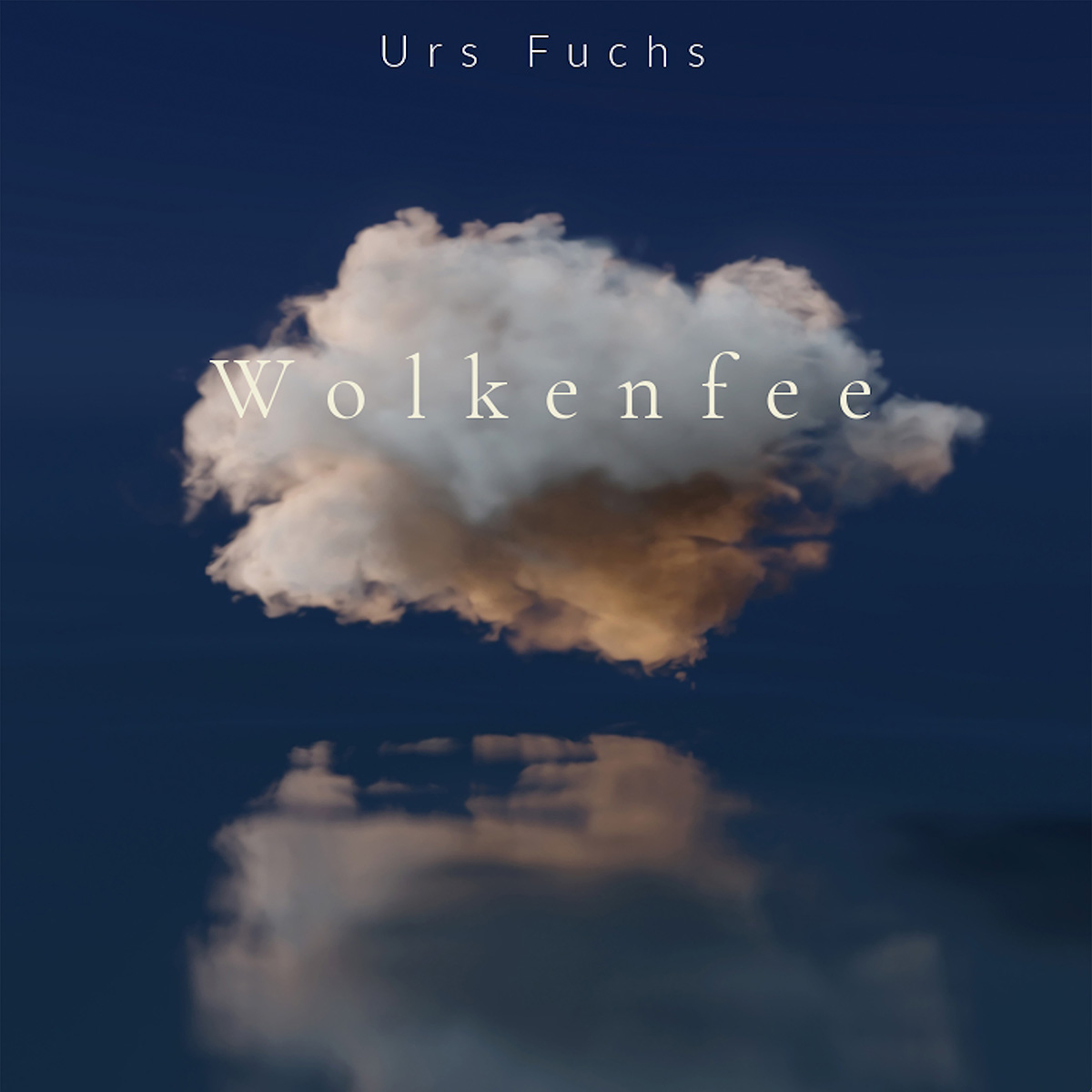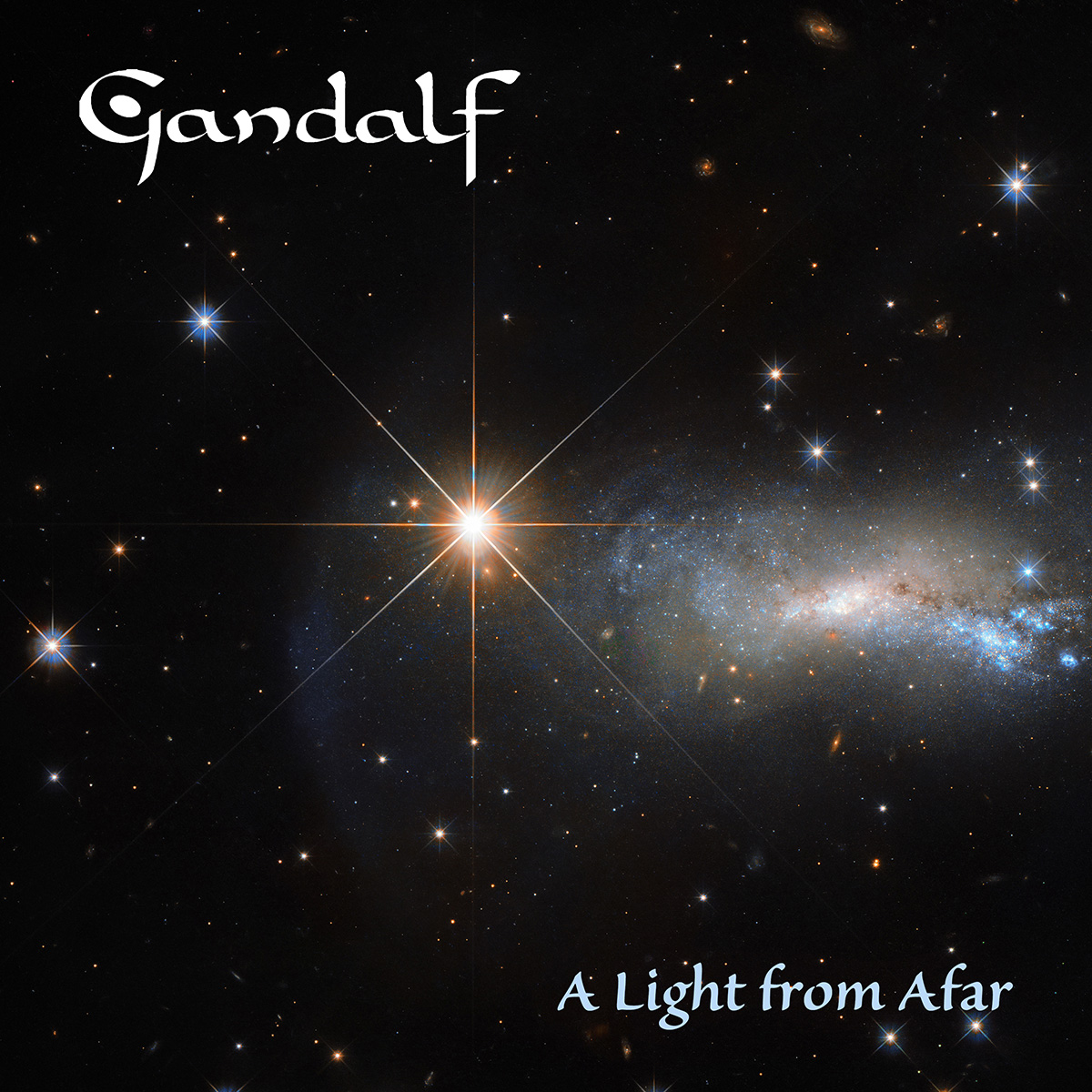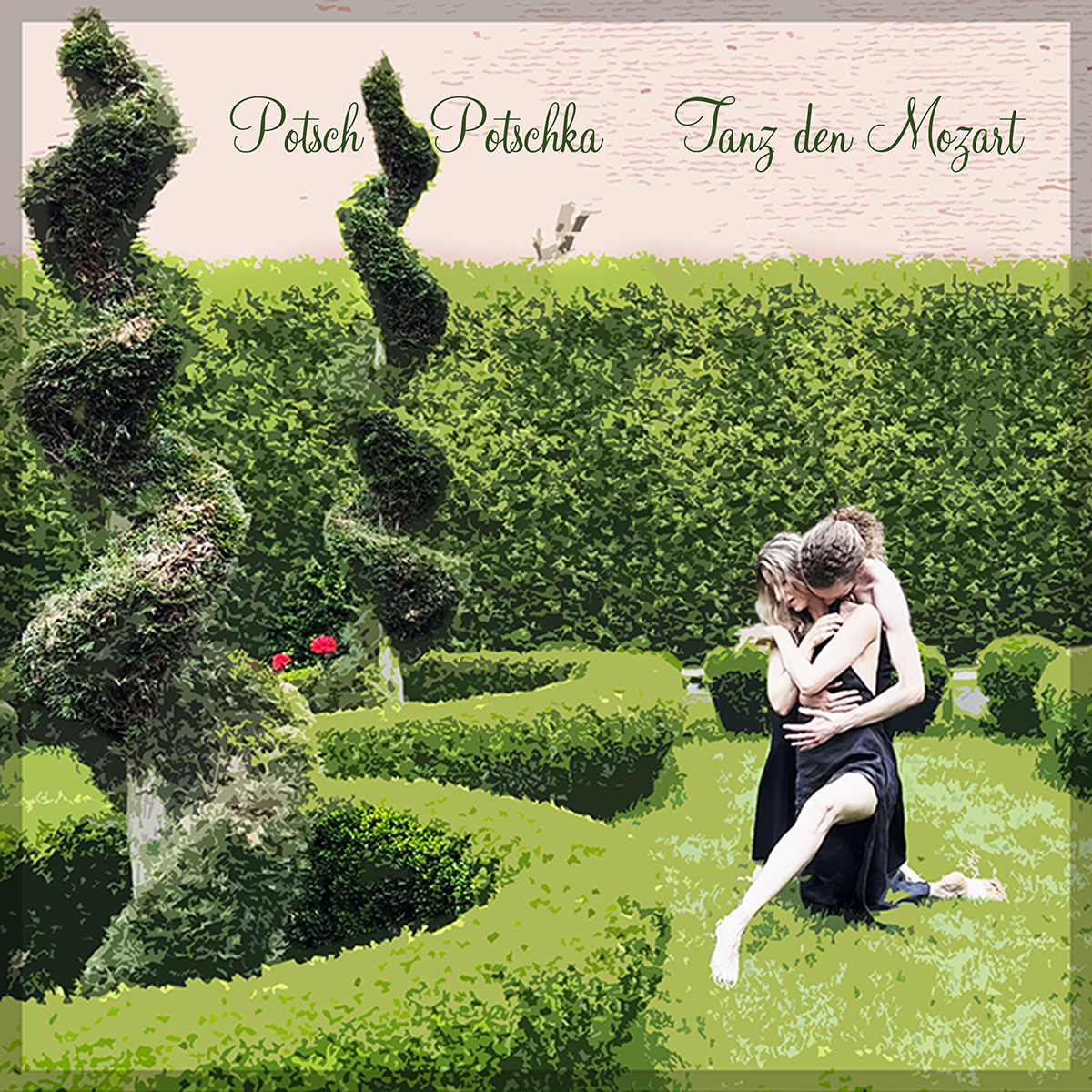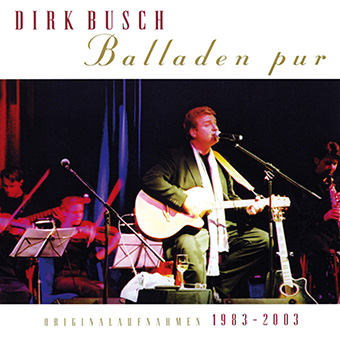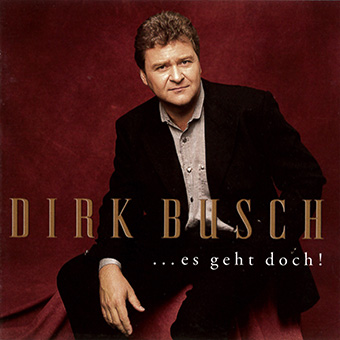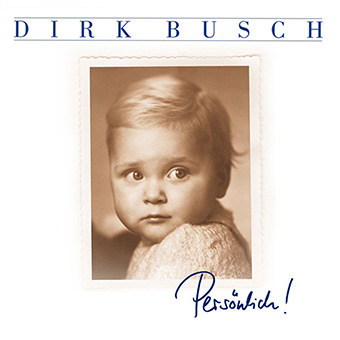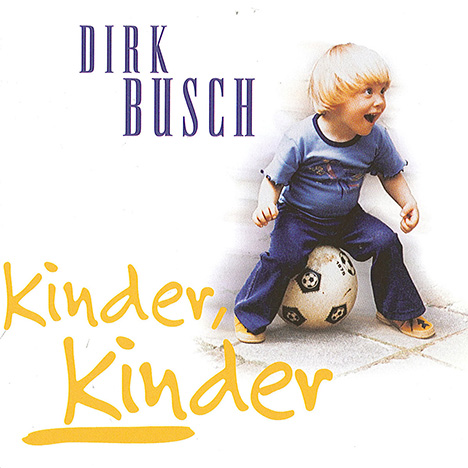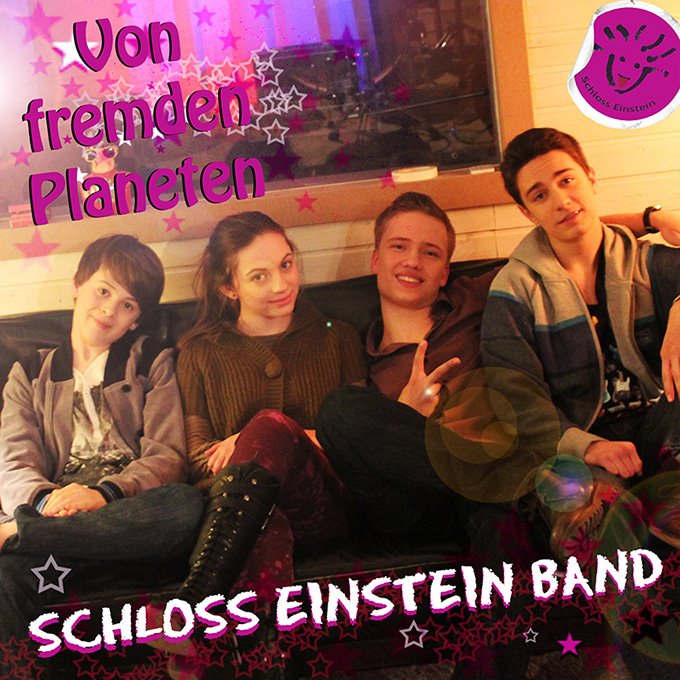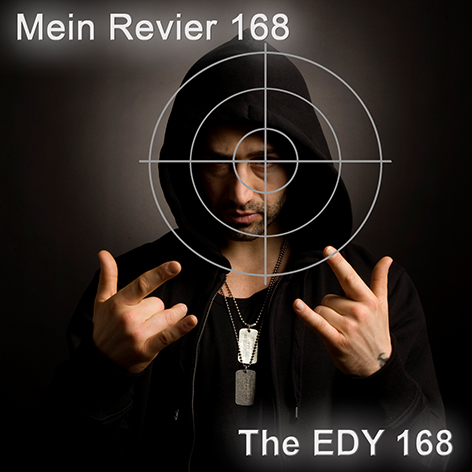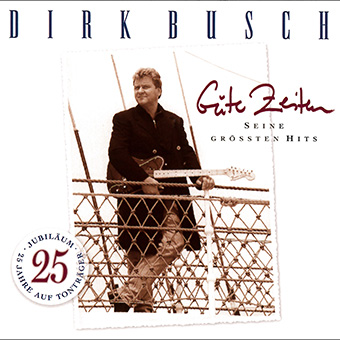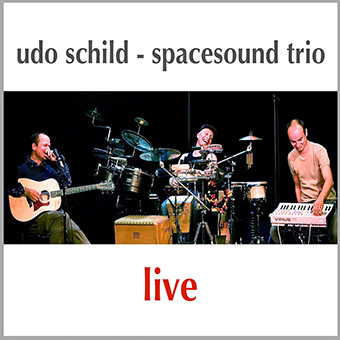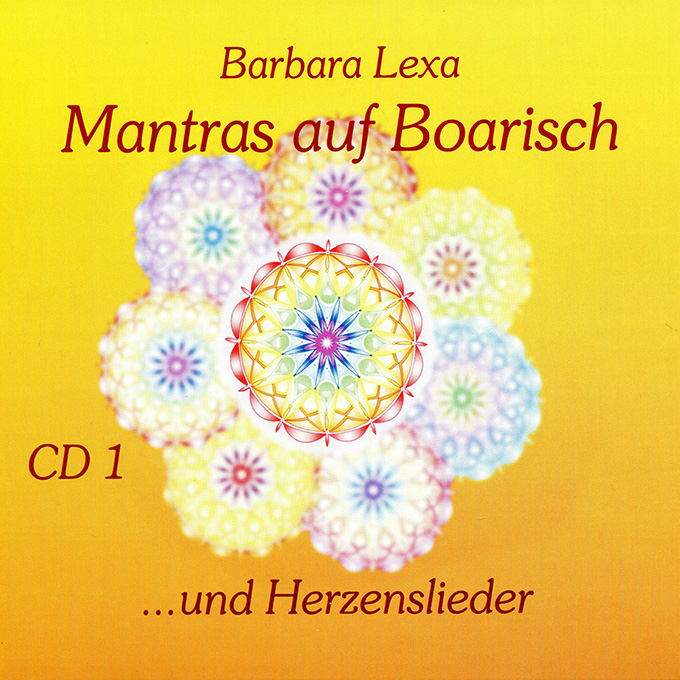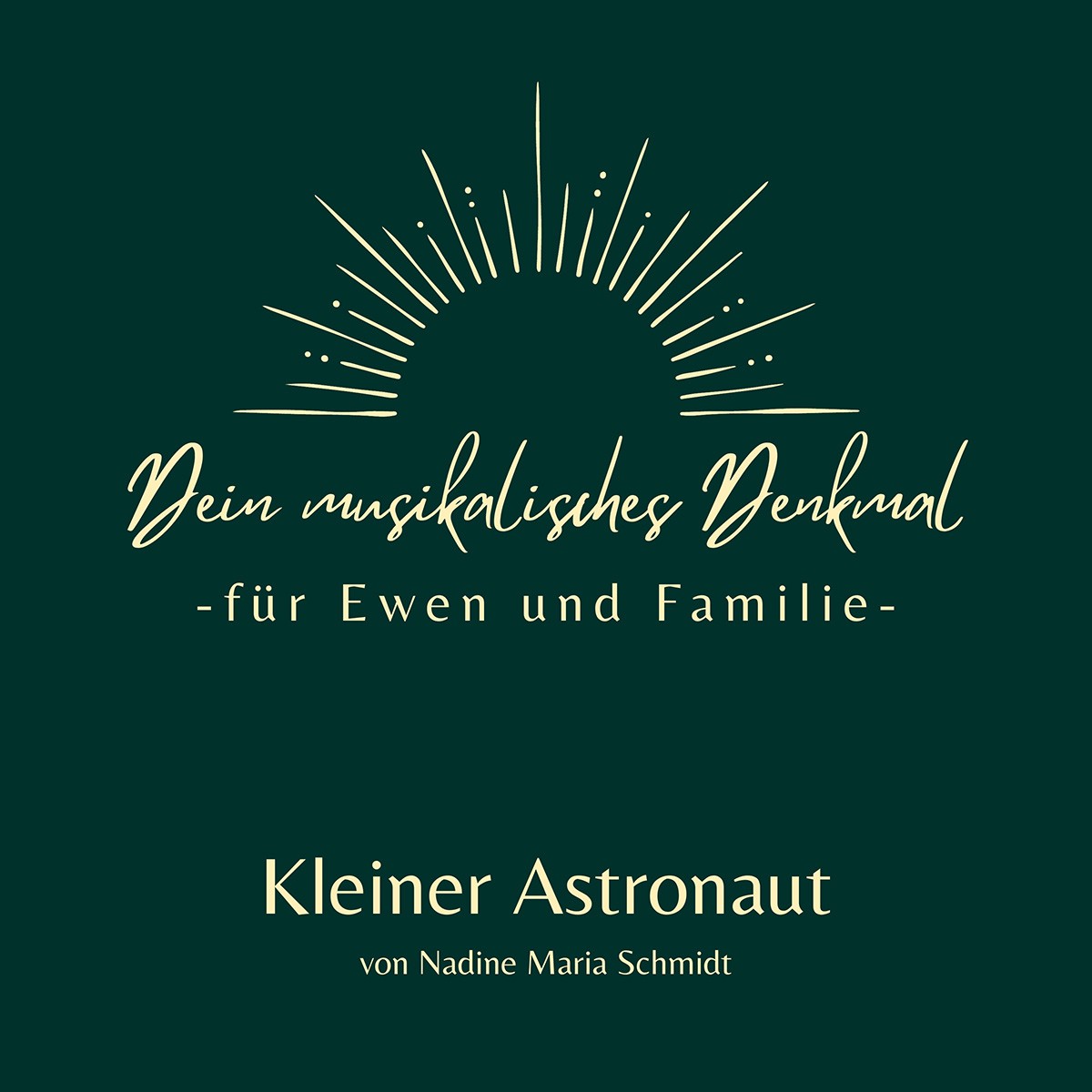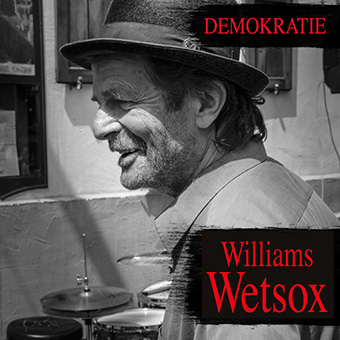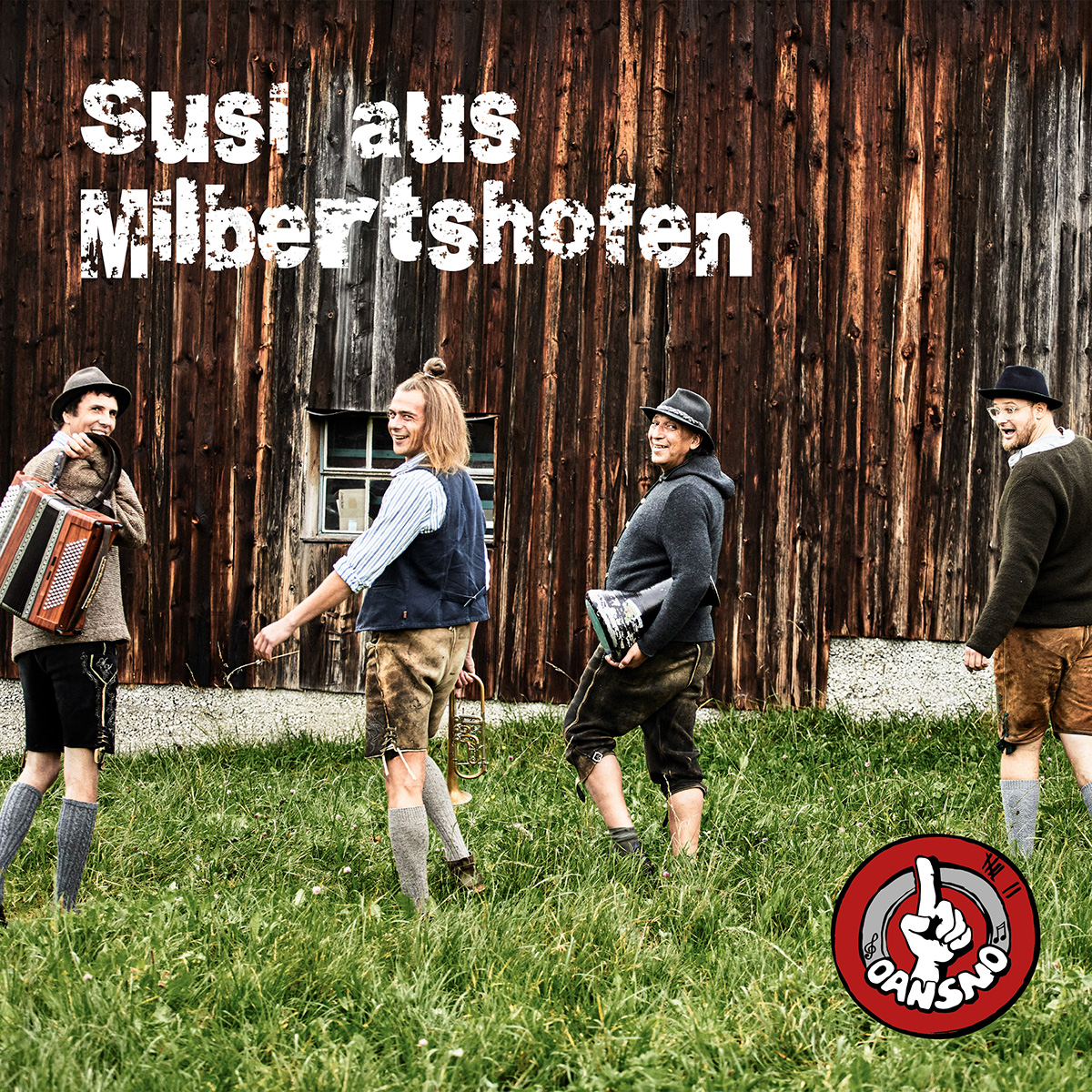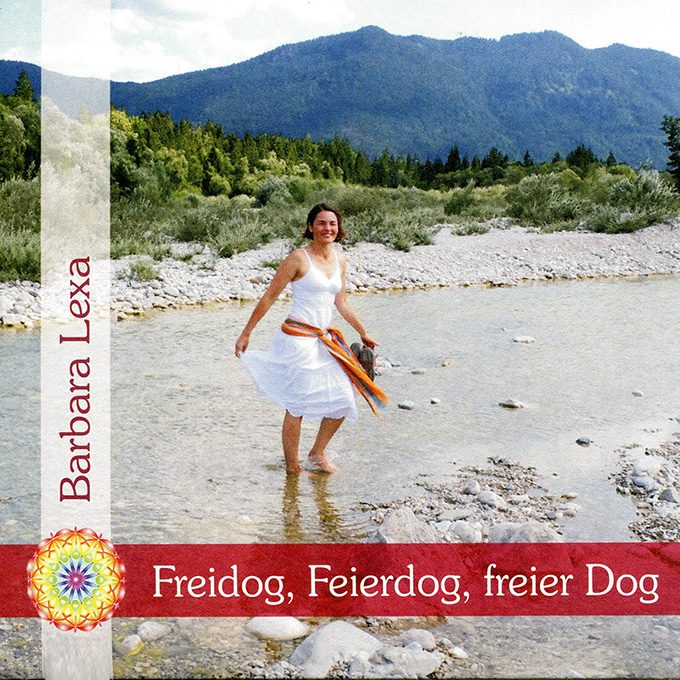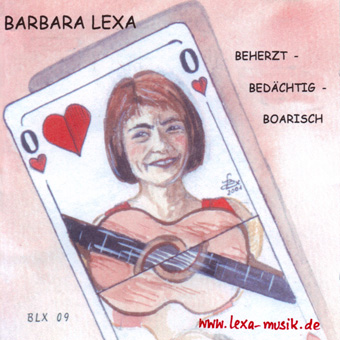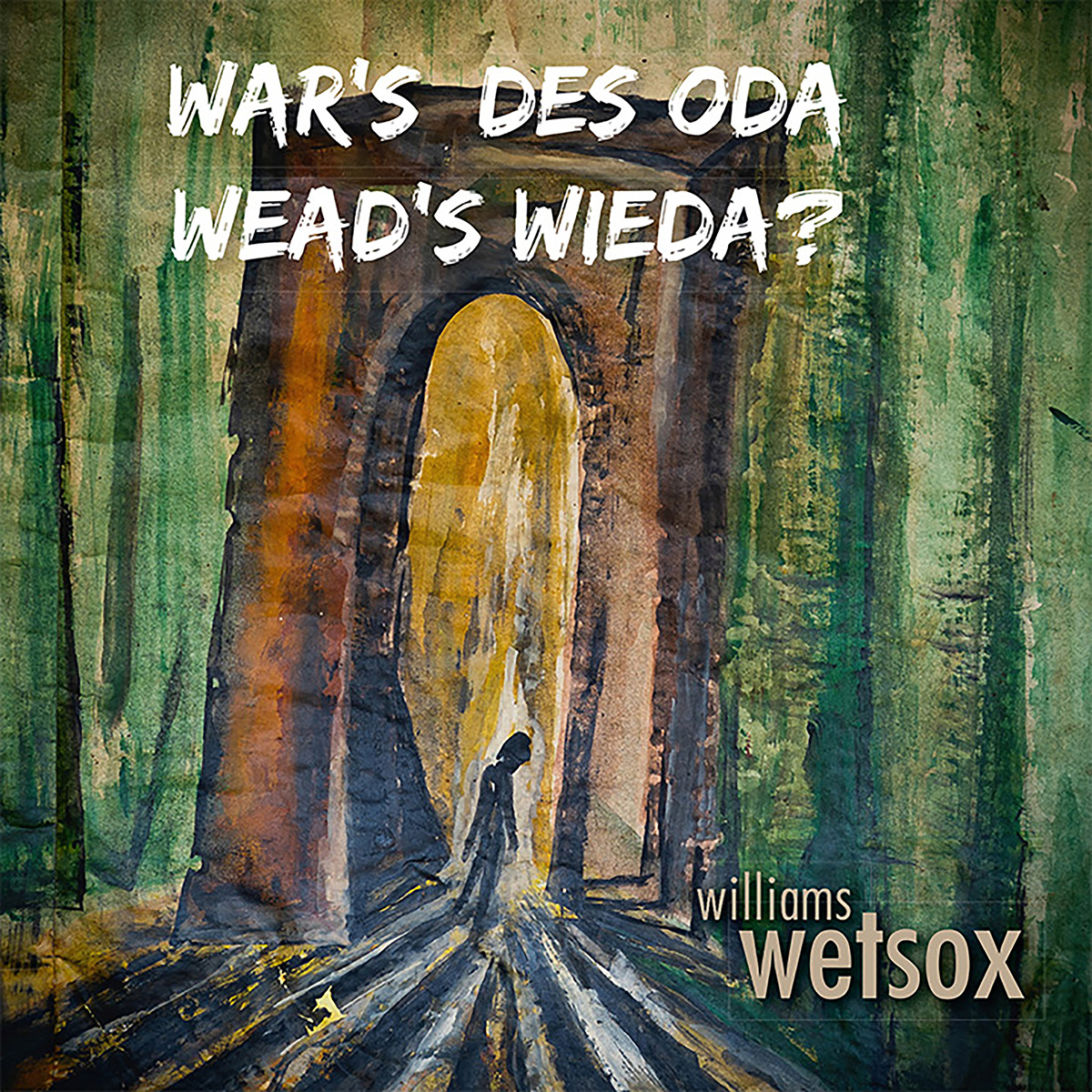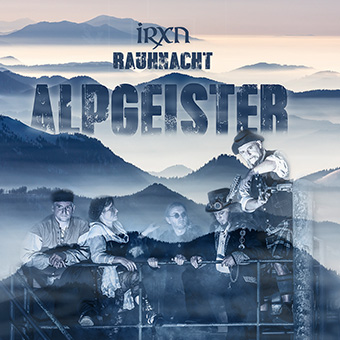![Zinkl]()
About
In the 1970s, Anton Zinkl enthusiastically discovered the creative worlds of progressive rock (Genesis, ELP, Yes, Gentle Giant, King Crimson) and classical music (Bruckner, Mahler, Shostakovich). Very talented as a draftsman, he studied communication design, then entered the service of advertising agencies, but soon became self-employed as a graphic designer.
Zinkl taught himself to improvise as a teenager on an old piano and a home organ, taking several years of classical piano lessons much later. At the end of the 80s, keyboards like Korg's M1 came on the market, with which one could program small compositions. This opened a new world for Zinkl to discover his musical creativity. Soon he was working with the support of an Apple computer to realize his musical ideas in a more complex way.
From 1992 on, an intensive collaboration and friendship developed with Christoph Bühring-Uhle, the label manager of BSC Music - Zinkl was to design numerous CD covers as a graphic designer for the musicians and bands of the record label in the coming decades. But this also opened up the possibility for him to release his own unconventional electronic instrumental music in the 1990s - music that was clearly more oriented toward progressive rock than that of the Berlin School.
Zinkl had already released four albums of pure instrumental music when he entered into a very fruitful musical collaboration with the London-based singer Alkimia Lux: the result was the concept album "Underwater" shortly after the turn of the millennium. In the years that followed, Zinkl composed and produced four more instrumental albums, including "Dance Music for Insects," on which Zinkl provided the soundtrack for the bizarre world of insects.
A chance acquaintance with a professional opera baritone led him to release the highly unconventional song collection "Kinder der Nacht" in 2016. Zinkl now wanted to focus even more on working with singers. In 2020, he experimented with his own voice for the first time, albeit electronically modified - the result was the concept album "Tanzmusik für Roboter," which tells the story of how all the robots and process-controlled machines start a rebellion and take over on Earth.
In 2021, Zinkl met Robert Gozon, the expressive singer of the German progressive rock formation Argos. Zinkl conceived, wrote the lyrics, composed and produced the progressive rock opera "rebirth," in which Gozon took the dominant lead vocal role. Two songs featured guest roles for Zinkl's old acquaintance Alkimia Lux and for classically trained singer Amélie Erhard.
In March 2022 the album "ZINKL GOZON - rebirth" was released - Zinkl's first work, which can be clearly assigned to the genre of progressive rock and in which the experiences Anton Zinkl could make in the decades before as a listener and producer of complex music flow. "Rebirth" is a surreal psychotrip, sung by Robert Gozon.
Anton Zinkl's fifteenth album "The Radiolator" was released in September 2022 and tells a fantastic story in musical images, as was the case with his last album "Rebirth". The song cycle "Der Radiolator" can be considered a combination of science fiction radio play and electronically generated progressive rock music. In October Zinkl, together with the Munich musician Phaneronaut (Udo Gerhards), will release the single "Kikai no uta", which was partly produced with AI.The Japanese vocals were artificially generated on the computer by giving the lyrics, the melody and the character of the voice.
And Anton Zinkl's latest album combines eccentric electronic arrangements with his own lyrics in Bavarian dialect.
To celebrate the 30th anniversary of his work as a musician and producer, Anton Zinkl released his 16th album "Lost Angels" in February 2024.
Discography: Music by Zinkl 23
Discover more
Selected music by other artists performing in similar styles like Zinkl: Pop Rock Electronica / Dark Wave Ambient, New Age Pop deutsch Singer-Songwriter MundArt
